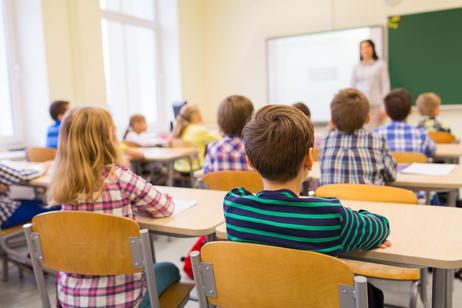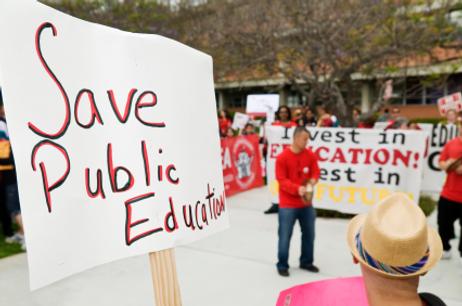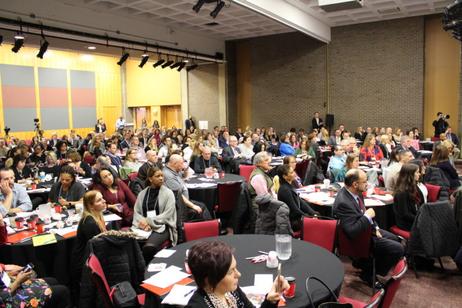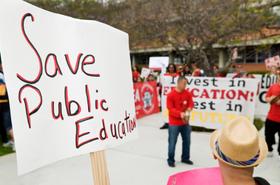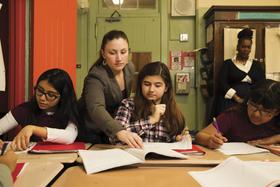Public school teachers have a wonderful opportunity to shape the minds of the next generation. There is a great deal of satisfaction that comes from making an impact on a child’s life, but being a teacher isn’t always easy – especially in public school.
Teachers have always faced challenges but, in recent years, it seems to be getting more and more difficult for public school teachers to do their jobs well. Keep reading to learn about some of the current challenges facing public school teachers and what they could mean for the future.
What Are the Biggest Challenges Teachers Face?
With changes in public policy and legislation, the U.S. education system is constantly changing. Before we get into the details about recent changes which have introduced new challenges for public school teachers, let’s discuss some of the ongoing challenges teachers face in general. Here are a few:
- Poorly behaved students
- Limited resources and finances
- Difficult parents
- Federal requirements and standardized tests
- Time constraints
It is difficult enough to wrangle an elementary-age child but being responsible for a classroom full of them is another challenge entirely. When you throw in behavioral problems, it only makes it more difficult. Not only do you have to deal with poorly behaved students, but because you are forced to dedicate extra time to those students, the rest of the class may be neglected. Plus, taking the time to deal with behavioral problems takes away time you could be teaching.
Another major challenge that public-school teachers face

